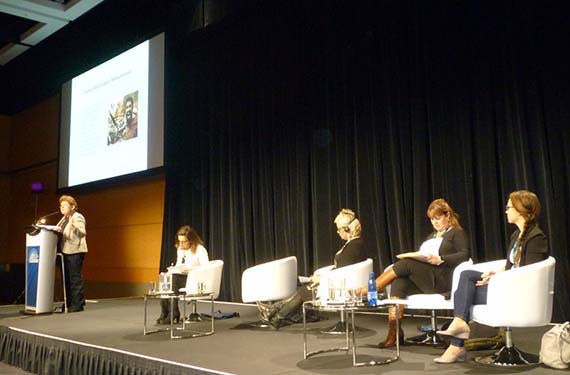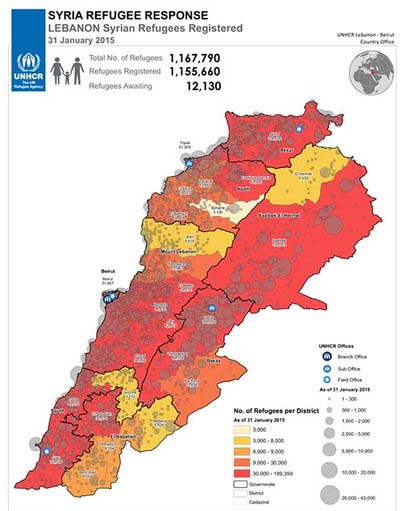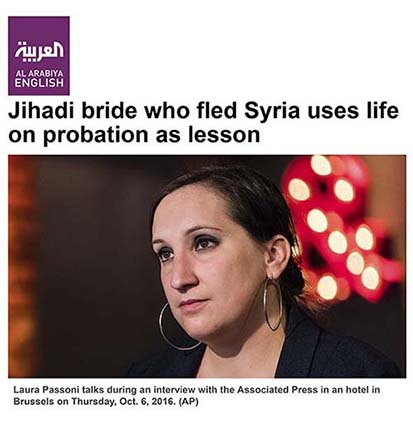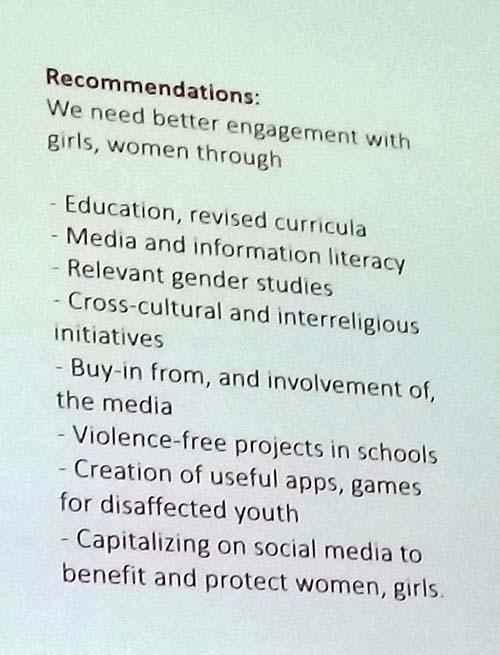Reforming religious curricula is incomplete in the Arab world and must be revisited, Media Unlimited director Magda Abu-Fadil told a Beirut conference during a panel on incitement to violence on social media and youth radicalization.
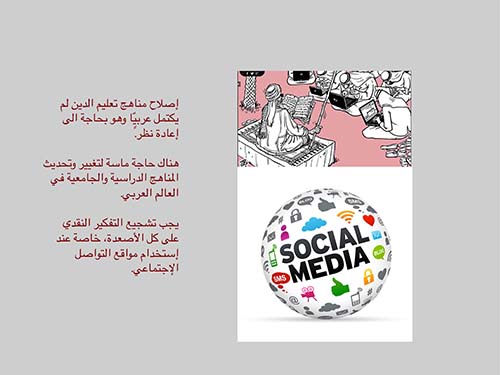
Religious teachings and academic curricula need revisiting
“There’s an urgent need to change and modernize school and university curricula in the Arab world,” she said about media, information, news and religious literacy. “We should encourage critical thinking at all levels, particularly in the use of social media.”
Abu-Fadil was speaking at “The International Conference on Youth and Information and Communication Technologies: Preventing Violent Extremism in Cyberspace” in May 2017.
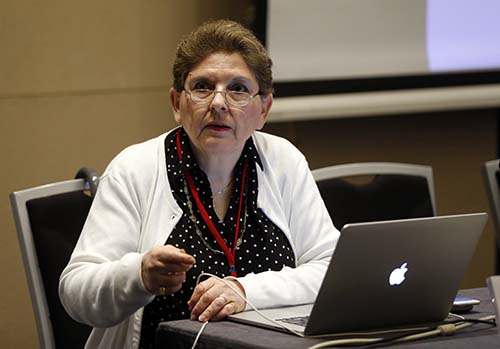
Magda Abu-Fadil urges curricula reform and modernization
It grouped academics, media, security, development, and other specialists to discuss, recommend and share tangible solutions to the spread of aggressive behavior in reality and through various online platforms.
Understanding the discourse involves clear definitions of key words and the loaded meanings used to describe what we face, experts said.
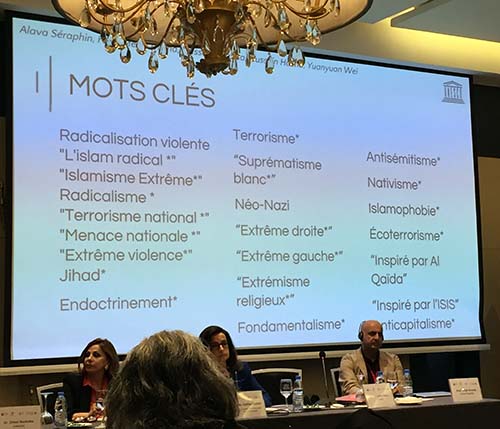
Key words, loaded meanings
They include violent radicalism, radical Islam, extreme Islamic radicalism, national terrorism, national threat, extreme violence, jihad, indoctrination, terrorism, white supremacy, neo-Nazism, extreme right, extreme left, religious extremism, fundamentalism, anti-Semitism, nativism, Islamophobia, eco-terrorism, inspired by Al Qaeda, inspired by ISIS, and anti-capitalism.
The event, organized by the United Nations Educational, Scientific and Cultural Organization (UNESCO), the Lebanese National Commission for UNESCO and the Information for All Program, was a follow-up to an earlier conference in Quebec City, Canada, in November 2016 during which Abu-Fadil spoke on female radicalization.
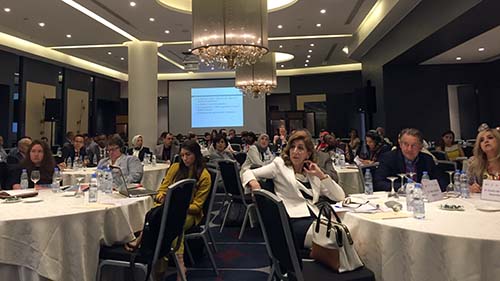
Preventing violent extremism in cyberspace conference
Participants hailed from Algeria, Botswana, Egypt, France, Ghana, Grenada, Iran, Iraq, Jordan, Kuwait, Lebanon, Morocco, the Netherlands, Oman, the Russian Federation, Senegal, Sudan, Syria, Tunisia and Qatar.
The conference’s principle objectives were to identify the means and ways the Internet is being used to spread, hatred, discrimination, radicalization and violent extremism.
It also aimed at identifying effective measures to prevent and counter the online propagation of violence, as well as presenting/sharing best practices in using the Internet to promote a culture of peace.

